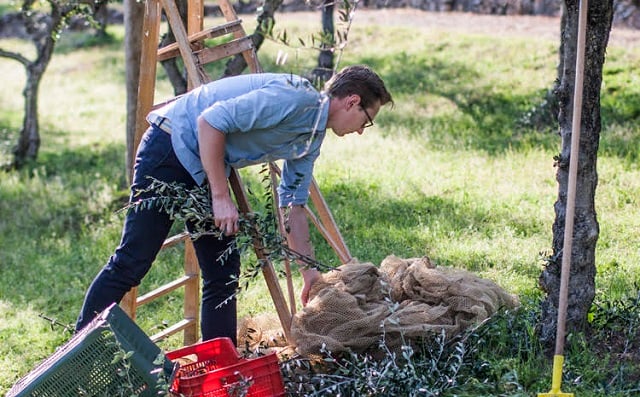After years of debate, licensing charges in Switzerland will be made independent of the receiving device, meaning the vast majority of homes and and large businesses will have to cough up. Only the army, small businesses and farms, and recipients of social benefits will be exempted from the fee, DRS television station reported.
In exchange, Communications Minister Doris Leuthard, who is responsible for public service policy, has promised to reduce the licensing fee, though she did not say by how much.
Leuthard explained to DRS that the legislative change was necessary because the linking of TV charges and the ownership or non-ownership of a television set is “yesterday’s snow“, meaning it is no longer relevant.
Anyone who has a smartphone or a computer can watch television and listen to radio without a problem, she argued.
The National Council voted on Tuesday by 111 votes to 52 in favour of making an exception for small firms. A majority of the Committee for Transport and Telecommunications also voted in favour, and the government accepted the exemption.
Natalie Rickli, a Swiss People’s Party (SVP) politician from Zurich, has criticised the planned system change, calling it a new compulsory household tax.
Rickli called for the inclusion of an opt-out clause as she said it was unfair that people who consciously avoid TV and radio should have to shell out for “forced charges“. She also appealed for the licence fee to be reduced to 200 Swiss francs ($228).
The cost of TV and radio licenses in Switzerland is the highest in Europe at 462 francs a year ($524) broken down into 169 francs ($192) for radio and 293 francs ($334) for television.
Previously, households without a television set could avoid avoid Billag licence collectors by arguing that they did not watch television or radio.
Billag is a subsidiary of the national telecommunications provider Swisscom, which is responsible for the collection of Radio and TV licence fees.



.jpg)
.jpg)

.jpg)
.jpg)
 Please whitelist us to continue reading.
Please whitelist us to continue reading.
Member comments